The Ultimate Guide to Custom IT Solutions vs Off-the-Shelf Software
Choosing the right software is no longer just an IT decision — it is a business decision. Whether you are a startup trying to move fast or an enterprise looking […]
The leap from academia to the professional world can feel daunting for many students. They leave the comfort of classrooms to navigate the complexities of the job market.
Thankfully, technology is transforming this transition, and at the forefront is the Learning Management System (LMS). An integrated LMS bridges the gap between theoretical learning and practical skills, equipping students with the tools they need to thrive in their careers.
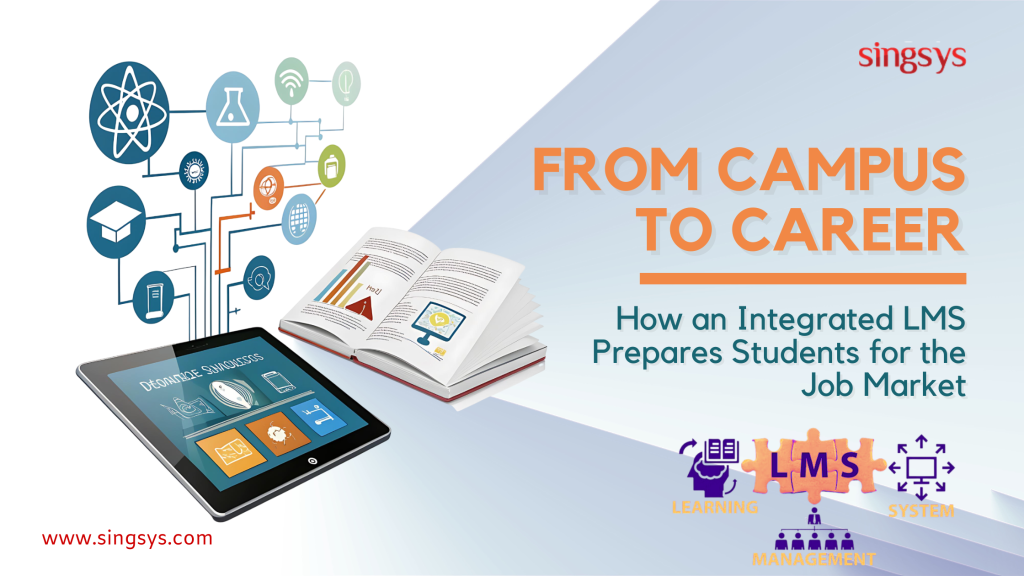
This blog explores how an integrated LMS plays a pivotal role in preparing students for the professional world by fostering skills, encouraging adaptability, and offering real-world insights.
An integrated Learning Management System (LMS) is a software platform that facilitates online education by providing tools for content delivery, tracking progress, and managing student activities. Unlike traditional learning methods, an integrated LMS combines multiple functionalities—such as course management, interactive learning tools, assessments, and communication platforms—into a seamless experience.
Think of it as a digital backbone for educational institutions, offering students a structured yet flexible environment to acquire both academic and professional skills.
In today’s fast-paced job market, degrees alone are no longer sufficient. Employers are increasingly seeking candidates who can demonstrate practical skills, adaptability, and a strong digital footprint. Universities and colleges have recognised this shift, and career readiness is now a crucial part of curricula.
An integrated LMS ensures that career preparation isn’t limited to theoretical knowledge. It empowers students to develop the competencies they need to hit the ground running in their first jobs.
Also read: Digital Classroom: Exploring the role of eduTech in Remote Learning
Students often excel in academics but falter when applying theoretical concepts in real-world situations. This “skills gap” is a significant hurdle in career readiness. An LMS narrows this gap by incorporating project-based learning, practical assessments, and industry-relevant tasks.
For instance, students can use LMS platforms to complete simulated projects that mirror workplace scenarios. This hands-on approach ensures they aren’t just learning concepts but also applying them effectively.
Soft skills—like communication, time management, and teamwork—are often overlooked in traditional education. LMS tools can address this by incorporating collaborative projects, discussion forums, and virtual teamwork assignments. These activities mimic professional interactions, preparing students for workplace dynamics.
No two career trajectories are the same, and an integrated LMS reflects this diversity. By offering customised learning paths, students can focus on areas that align with their career aspirations.
For example:
This tailored approach ensures students gain both depth and breadth in their chosen fields.
An integrated LMS often includes virtual simulations and gamified learning experiences. These tools are invaluable for career preparation as they replicate workplace challenges in a controlled environment.
These practical experiences build confidence and prepare students to handle real-world challenges head-on.
In today’s digital economy, proficiency with technology is non-negotiable. An integrated LMS ensures that students develop critical digital literacy skills, such as:
By the time they graduate, students are not just comfortable with digital tools—they are experts at leveraging them.
Also read: Are Mobile Apps the Future of Education Learning on the Go.
The professional world thrives on collaboration and networking, and an LMS fosters both. Many LMS platforms feature communication tools like forums, chat rooms, and group projects.
Students can collaborate with peers, connect with mentors, and even interact with industry professionals through LMS-integrated webinars and virtual events. These connections often pave the way for internships and job opportunities.
One of the most powerful features of an integrated LMS is analytics. Students can track their progress, identify weaknesses, and receive tailored feedback.
For example, if a student struggles with public speaking, the LMS might recommend resources or activities to improve their presentation skills. This continuous feedback loop ensures students are always improving and adapting.
Modern LMS platforms often include certification programs that students can add to their CVs or LinkedIn profiles. Whether it’s a course in data science or a digital marketing certificate, these credentials make students more attractive to employers.
Additionally, LMS platforms allow students to build portfolios by showcasing completed projects, presentations, and other achievements, giving them an edge in job applications.
The job market is constantly evolving, with new skills and technologies emerging every year. An LMS cultivates a mindset of lifelong learning by making resources accessible even after graduation.
Many platforms offer alumni access, allowing individuals to upskill or reskill whenever needed. This ensures they remain competitive throughout their careers.
Employers often face challenges in onboarding fresh graduates who lack practical experience. An LMS addresses this issue by equipping students with industry-relevant skills and reducing the learning curve during their first jobs.
While the benefits of an LMS are numerous, challenges exist. These include:
Addressing these challenges requires collaboration between educational institutions, governments, and tech providers.
As technology evolves, so will LMS platforms. Emerging trends include:
These innovations will further enhance the role of LMS in career preparation.
At Singsys, we specialise in developing cutting-edge software solutions tailored to the needs of educational institutions. Whether you’re looking to implement a robust Learning Management System or enhance your existing platform, we’re here to help.
Our customised LMS solutions are designed to bridge the gap between academics and career readiness, equipping students with the skills they need to excel in the job market. Let’s work together to prepare the next generation of professionals!
Contact Singsys today to discuss your LMS requirements and take the first step towards transforming education.
Our Services-
Singsys Pte. Ltd.
(SG): +65 65613900
(IN): +91 6390905100
Singsys is a leading provider of enterprise mobile applications and cross-platform solutions, specialising in native iOS and Android development. With a focus on E-commerce, CRM, and ERP services, we deliver innovative digital solutions that help businesses stay competitive.
Operating in over 35 countries, our team of 200+ experts, including graduates from prestigious institutions, is dedicated to enabling digital evolution. Our mission is to support business growth through quality digital services, fostering innovation in a collaborative and inclusive environment.
To Know more about Singsys, visit www.singsys.com
An LMS bridges theoretical learning with practical skills, ensuring students are job-ready.
Yes, many LMS platforms offer tools for collaboration and interaction with industry professionals.
Absolutely! Certifications enhance CVs and validate skills to potential employers.
Accessibility issues, lack of familiarity with digital platforms, and high costs can be hurdles.
Some institutions provide alumni access, enabling lifelong learning and skill development.
Read more posts:
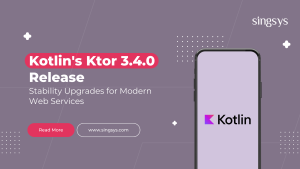
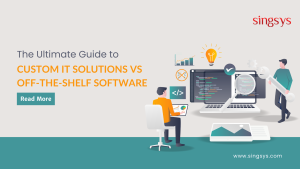

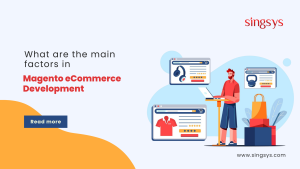

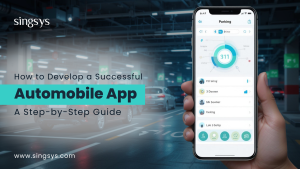
Jan 27th, 2026
Choosing the right software is no longer just an IT decision — it is a business decision. Whether you are a startup trying to move fast or an enterprise looking […]
Dec 9th, 2025
In this fast-moving digital landscape, customer expectations have changed dramatically. People want quick responses, personalised communication, and seamless support no matter where they interact with a brand. This makes CRM […]
Aug 26th, 2025
While remote work has become the norm, it has its own challenges: communication gaps, project mismanagement, and reduced team bonds. Have you ever struggled to keep your team aligned while […]